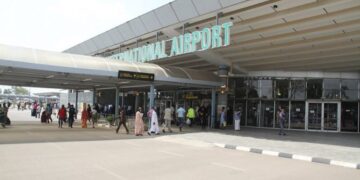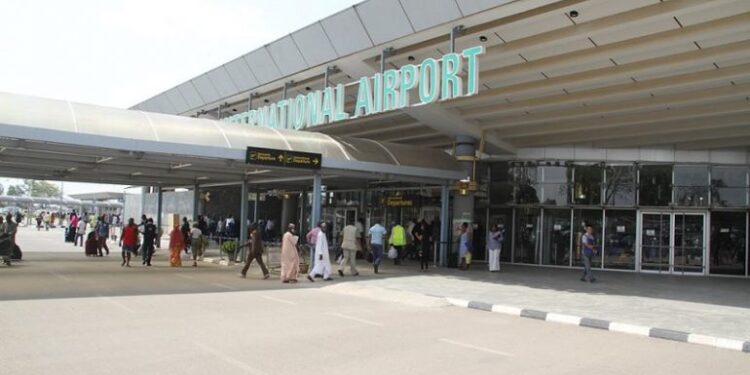By Enyichukwu Enemanna
The International Air Transport Organisation (IATA) has expressed dissatisfaction over what it called excessive taxes and charges in Nigerian airports, a development it says inhibits growth and profitability of indigenous carriers.
“In a recent research conducted, we discovered that the most expensive airport in Africa is Abuja airport, followed by Lagos airport. With all these exorbitant charges, Nigerian airlines can’t compete with their foreign counterparts.
“Africa has put itself in a place where it cannot help its own, expensive fuel, excessive charges, leasing and insurance through the roof, the airlines need to be financially viable too. The airlines contribute to the country, but Nigeria needs to decide what to do to them to survive,” lATA’s vice president, Africa and Middle East, Kamil Al Alwadhi said at the 7th Aviation Africa summit and exhibition in Abuja.
While expressing concern over the stagnant growth in the region, especially Nigeria, Alwadhi called on Nigerian authorities to create a conducive environment for airlines to thrive.
Africa-based carriers are expected to generate a moderate combined loss of around $484 million in 2023 because the continent remains a difficult market to operate an airline, with economic, infrastructure and connectivity challenges impacting the industry performance, the IATA chief stated.
According to Al Alwadhi, “However, despite the challenges, the industry continues to move towards profitability after the COVID 19 disruption.”
He further explained that underpinning this is the robust demand for air travel. As we saw in the second quarter of 2023 – and for two consecutive quarters – African carriers had one of the world’s highest annual passenger traffic growth rates, second only to Asia Pacific.
“With total traffic up 38.9 percent compared to the same quarter in 2022, African carriers growth outperformed the industry-wide average for total and international traffic, even though the region has not fully recovered to pre-pandemic levels. Q2 2023 RPKs were 9.2 percent below the same quarter in 2019. Despite this continued positive performance, the region still confronts economic challenges that severely limit the affordability of air travel, in addition to a range of infrastructure issues that curb capacity and hinder the development of consistent air service, “he said.
He projected that over the next 20 years, Africa’s passenger traffic will double, eclipsing 300 million passengers by 2040 at an annual average rate of 3.4%.




































